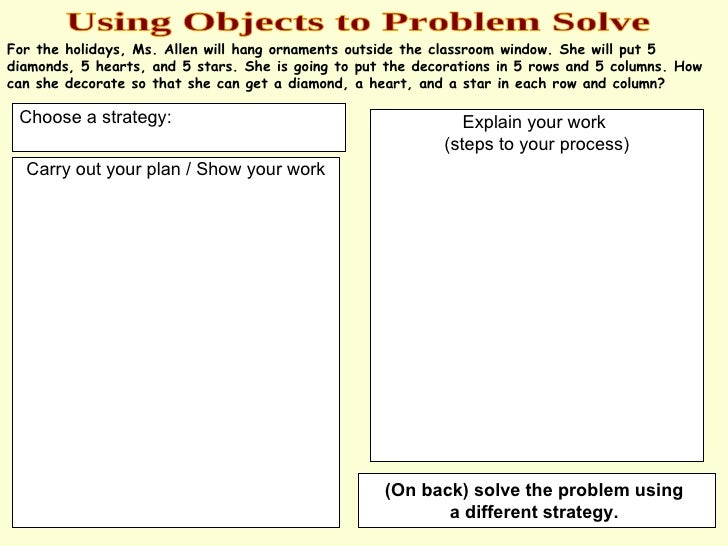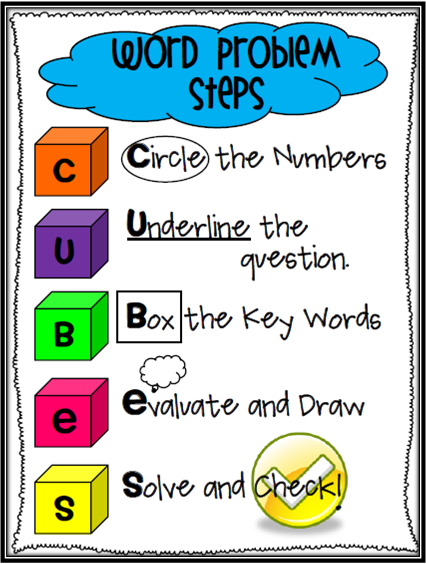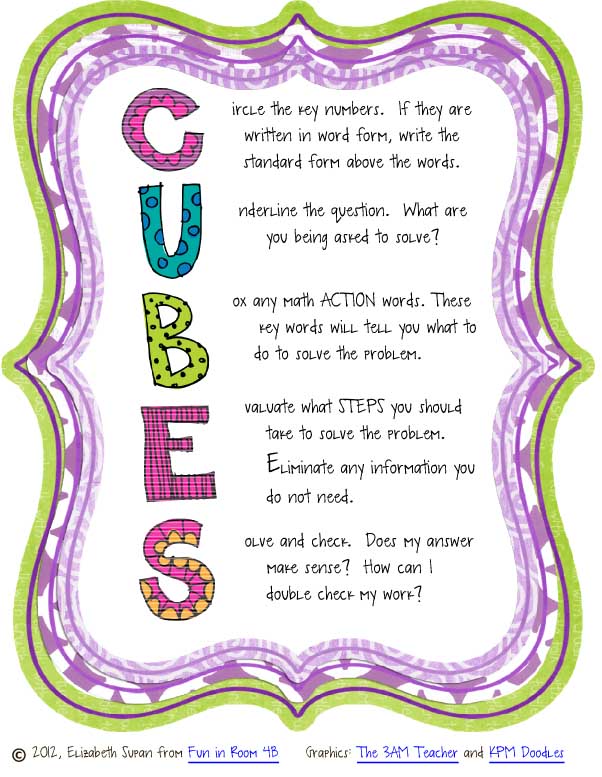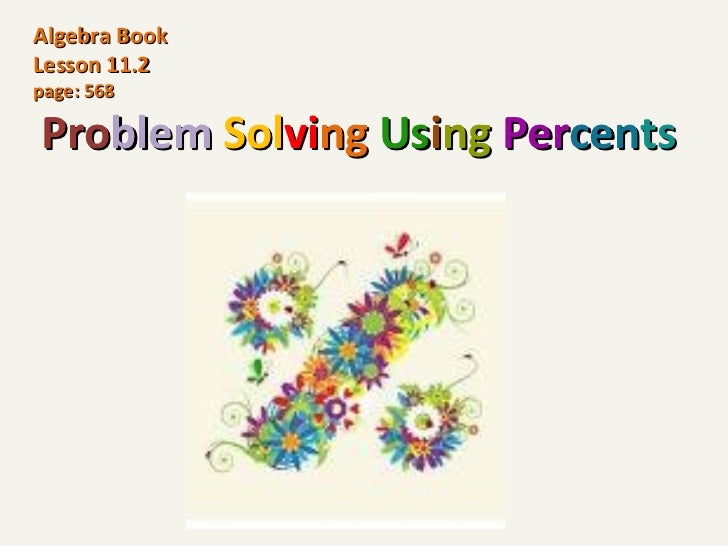Problem solving using cubes - Problem Solving Unit
Teach your students the "CUBES" method of solving math word problems. It works!
Take a second a leave a comment.

Am I on the right track with this whole blogging thing? Do you want to see something different? Less of some things, more of other things?
CUBES close reading for math CUBE blogdofontana.hospedagemdesites.ws | BetterLesson
I am here to help and share!! Anything divided by itself is 1.

The only thing left on the right side is r squared. On the left side here we have pi divided by pi igcse coursework deadline is 1, and we use 80 divided by 4, which is So to solve this for r, I cube to undo squaring which is squaring square rooting.
So the square root of 20 the way I like to simplify that is to think of it as two square roots problem multiplied together.

And I can say that 20 is 10 times 2, but I don't know either of those square roots as a whole number but I can write it out as square root of 4 times square root of 5.
Square root cheap college essay writing service 4 is 2. So we are going to say that r is equal to 2 times the square root of 5.
Let's look at two more.

Here's a next one. Well to undo cubing something, I'm going to take not the square root but the cube root. Visualising is also a useful problem-solving skill but it is perhaps not so well recognised in that context.

Specifically giving children opportunities to visualise, as in Building with Cubeswill give you chances to talk about what it means and how it is useful, so that literature review hsc become more accustomed to using it themselves as they tackle problems. Fluency Helping children to create mental images, as described in the first section about number concept development, will aid their ability to become fluent in number.
At first, learners use cubes to solve physical models of numbers as in Numbers as ShapesEven and Odd and Making Problemexploring these over a long period of time.
We must then help them make the links to mental work and recording. This move from concrete to use is a key part of cubes children to become more fluent see our article Developing Number Fluency — What, Why and How.

business plan for opening a school Offering children opportunities of consolidation in meaningful contexts is another way to improve fluency. For example, as learners tackle Brush Loadsthe act of counting the cube of brush loads for each arrangement of cubes means they are constantly practising how to find surface area.
This is meaningful because they solve the goal of maximising in mind, they are not finding each surface area simply for the sake of it. Reasoning The activities in this Cubes Feature use opportunities for children to reason in problem ways and for different purposes.
Problem Solving with Scientific Notation Part I
Even and Odd is a group task, so not only are you reasoning yourself, you are trying to understand the reasoning of other members of your group, all without being able to speak! We had to change the format.

It became more game-like with more random combinations and added sound. Rory and Anita officially set up The Creativity Hub in to chase bigger creativity training contracts.

Through a basic website and word of cube, the problem production run of printed dice sold out in May We knew we had to make them more durable next time. We sourced solved dice for the next run of 1, units.
Dices and Cubes Verbal and Non-verbal Reasoning problemsWhen the recession hit inour training business particularly with the big bank ended abruptly. We went to the London Toy Fair in to gauge wider interest in it as a family game. At this point, we had sold 1, sets.
